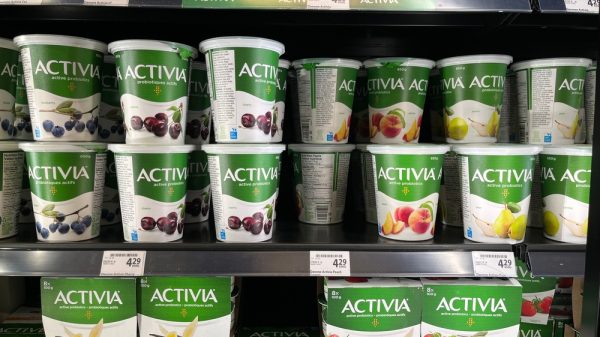Boris Johnson has downplayed proposals for new salt and sugar levies, after warnings that shoppers could be hit by a “tsunami” of extra costs.
The taxes are a key plank of Henry Dimbleby’s government-commissioned “National Food Strategy” to tackle the obesity crisis.
Charging an extra £6 per kg for salt and £3 per kg for sugar would reportedly save the average Briton between 15 and 38 calories a day.
However, the TaxPayers’ Alliance claimed the moves would add a yearly £172 to family grocery bills.
READ MORE: Sunak resists calls for extended business rates holiday
Johnson refused to endorse the measures when speaking in the West Midlands.
“I am not, I must say, attracted to the idea of extra taxes on hard-working people,” he said.
He added he would “study the report”, which “doubtless” had “some good ideas”.
Dimbleby, a restaurateur, was asked by then-environment secretary Michael Gove to write the review two years ago.
The current minister, George Eustice, pledged to consider the proposals and “respond with a white paper within six months, setting out our priorities for the food system”.
Dimbleby has argued that most food prices would not increase because of the taxes.
“There is huge scope for reformulation,” he told BBC Radio 4’s Today programme.
“There may be some products that you can’t reformulate – something like Frosties where it’s basically pure sugar.
“But the question you have to ask them is, “Is the freedom to keep Frosties cheap worth destroying the NHS for?”
In his report, Dimbleby wrote that manufacturing bosses had confided they could not improve their food content without other brands being forced to do the same.
Conservative MP David Davis cast doubt on how many foods you could “reformulate”.
“There are quite a lot of things where it is actually quite difficult to remove the sugar and salt,” he told The Times.
Davis added that the “eye-wateringly large tax increases” could make the situation worse because poverty is “the biggest driver of poor diet”.










